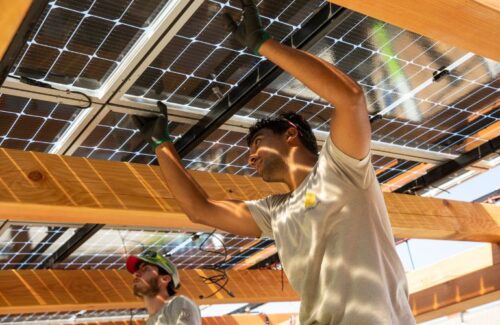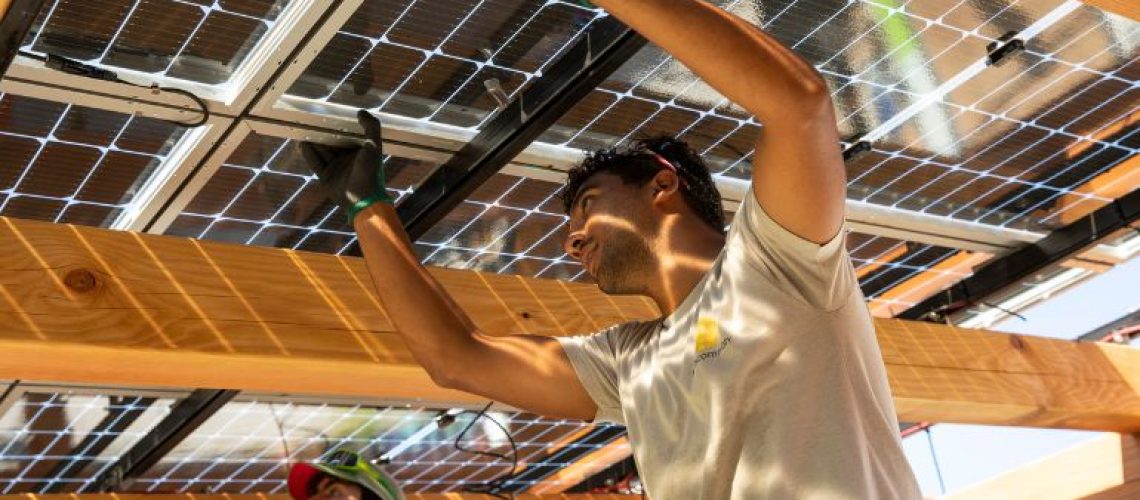
Credit: Suncommon
U.S. Customs and Border Protection (CBP) released a reminder this week that any Southeast Asian solar panels imported before June 6 must be utilized within 180 days or full AD/CVD tariffs will be charged.
When the Dept. of Commerce published its final determination in August 2023 that Chinese solar cell and panel producers were working in Cambodia, Malaysia, Thailand and Vietnam as a way to avoid paying duties on Chinese-made solar goods, June 6, 2024, was determined to be the official start-date of duty collection, after President Joe Biden’s emergency pause had lifted. A clause was included that any “applicable entries” from Southeast Asia entering after Nov. 15, 2022, and before the termination-date of June 6, 2024, must be used or installed in the United States within 180 days after June 6. Imported cells and panels not used within the expiration date will be subject to AD/CVD.
“Merchandise which remains in inventory or a warehouse in the United States, is resold to another party, is subsequently exported or is destroyed after importation is not considered utilized,” CBP stated in this week’s notice.
There has been a surge in solar imports since the president granted an emergency two-year pause on tariff collection in June 2022. Preliminary numbers suggest that an oversupply of nearly 20 GW (compared to expected market size) took place in 2023.
A midterm review on separate Sec. 201 tariffs on imported solar cells and panels was completed earlier this week. The general consensus among domestic panel manufacturers is that the safeguard measures are still necessary to compete with imports. In addition, California-based solar panel assembler Auxin Solar is suing CBP and the Dept. of Commerce over the two-year pause in AD/CVD collection, arguing that the delayed collection is causing a “massive and sustained wave of cheap [crystalline silicon] cells and modules” to enter the country in the meantime, undermining Auxin’s ability to produce competitive product at home.
“There have been numerous important announcements of new U.S. solar manufacturing capacity due to the Inflation Reduction Act. It is imperative that we rebuild the American solar supply chain and our leadership of this industry. However, all of these new plans are now being undermined and are at risk due to a global import surge and massive price reductions. According to most reports, prices are down 50% or more, and imports are at least double current demand, leading to stockpiling of solar panels in warehouses, where they will continue to depress the market,” said Timothy Brightbill, partner at Wiley Rein and trade counsel to the American Alliance for Solar Manufacturing, after the midterm report was released.



